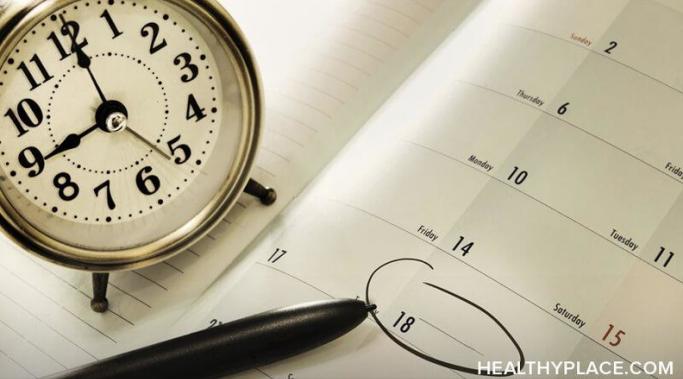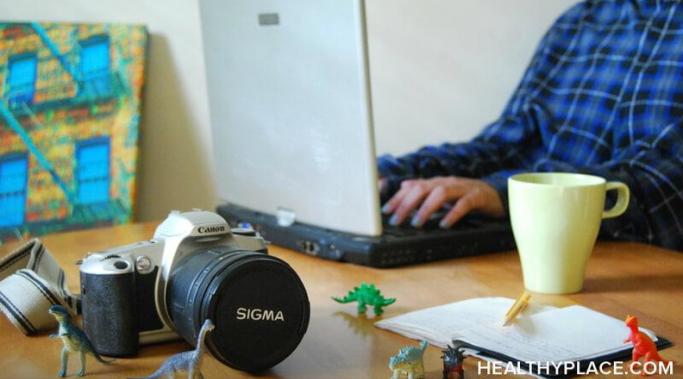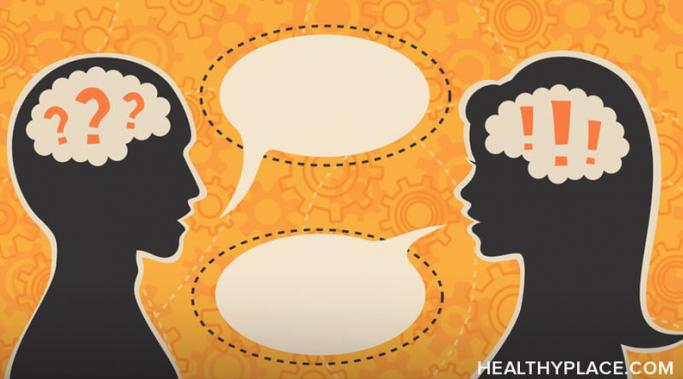I've discovered that there is a strong correlation between my depression and anxiety and my physical confidence. It's about more than loving the way I look. It's about loving how strong I've become. I've taken steps to increase my physical confidence, which helps me feel so much better when things start to feel rough.
Mental Health Coping Skills
While for some, spring helps depression, sometimes there is a worsening of depression in spring. The snow melts, the flowers bloom, and the sun stays out longer. After spending several miserable months indoors, people are more willing (and even excited) to step outside, smell the roses, and enjoy the sunshine. Yet, for others, the warmer weather and longer days are not always enough to counteract depression (Seasonal Affective Disorder [SAD] Symptoms – Who’s at Risk). In this article, I talk about depression worsening in spring and ways that I have learned to cope.
Even if you were not diagnosed with depression or if you feel that you have it under control, you can always experience depression spells. They can hit at any time, sometimes with no warning. They can hit at the most random times—during a class, at a family reunion, after an interview, during the middle of a workday, etc. Read on to find out about recognizing and dealing with depression spells before they get worse.
Knowing there are benefits of going to therapy doesn't make the decision to go much easier. The decision to go to therapy can be a deeply personal one based on a number of key factors. For me, the decision was not at all easy. In fact, it took me years of knowing I probably needed to go to therapy before I actually went. In the process of realizing that I needed some talk therapy, I also realized a benefit of going to therapy was defeating indecision.
It can be hard to know how to find self-love in adulthood (Learn To Like Yourself). You might not remember the last time you heard someone say, "Good job." You might miss receiving gold stars. You might feel inadequate after a coworker gets the promotion that you wanted. But there are ways to find self-love within yourself that do not include competition or recent appraisal from others. Read on to learn some positive steps that can remind you how to find self-love.
A daily routine for my mental health is one of the hardest things to maintain while working from home, going to school, and traveling and also coping with the stressors of life. Establishing a daily routine is also the best way for me to cope with many of the hardest aspects of life. When I stick to these daily routines for my mental health, I find it so much easier to get through the day in spite of any trials I currently face.
When you're under pressure, it can be hard to handle anxiety at work. Many people who have anxiety struggle with change, myself included. It takes awhile for me to adjust to any new situation. At the beginning, I doubt everything and make up the worst scenarios in my head--getting shoved into a locker in middle school, failing college, getting fired from a job, etc. But one thing I learned recently is that even though change can be scary, it can also be a good thing by challenging my anxiety. Read on to learn about how to handle work anxiety when you're under pressure.
Catastrophic thoughts, and recognizing catastrophic thoughts, has always been a significant part of the anxiety I experience (Dealing with Catastrophic Thinking and Anxiety). Initially, I thought that imagining all these terrible things happening would allow me to plan for them and control them as a result. Learning to recognize and deal with catastrophic thoughts has helped me get through difficult times when my anxiety comes on strong.
When I first realized I had it, talking about depression did not seem like an option. It seemed like a dirty secret I needed to brush aside. I had been told not to cry so many times that I felt ashamed each time I did. Sometimes I still do (Depression Symptoms – Easy to Tear). Fortunately, I am learning to be open and talk about depression, which helps me get through tough times.
Journal prompts make it easier to journal consistently, but I haven't been using them. It came to my attention while I was sitting in the waiting room before my therapist appointment. A million thoughts raced through my head. "So many things have happened since my last visit. Where did we leave off last time? What do I say?"
Across from me, another patient held a journal. When I saw it, I realized what I'd been missing. I didn't have a record about events that triggered my depression and anxiety. Having a written record of moods, events, and triggers would have been really helpful at that time. I know journaling strengthens my mental health and journal prompts can help facilitate this. Here is an easy journal prompt that you can use for your mental health.









